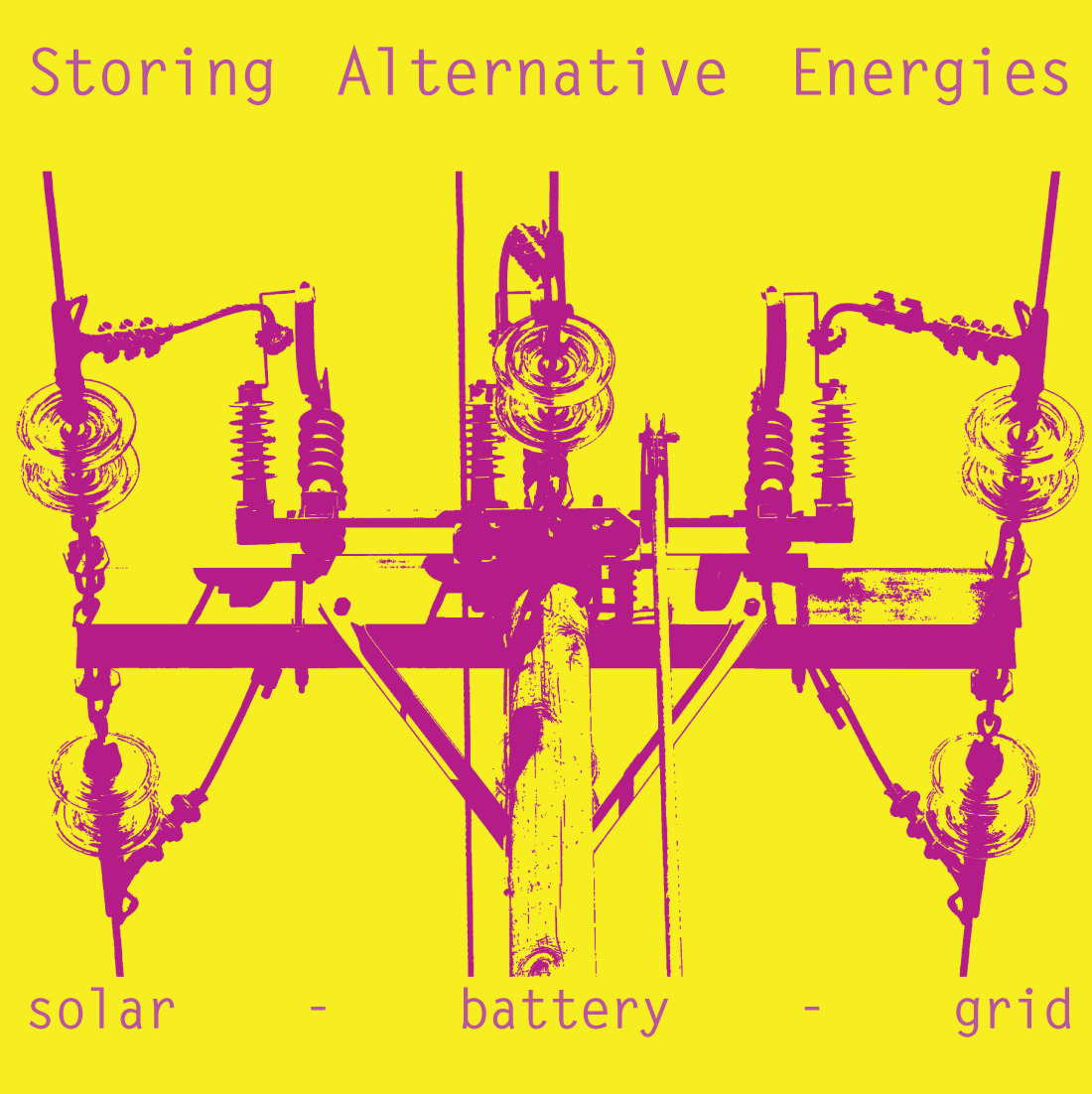Asian Carp Invasion: Notes
Five experts, knee-deep in dealing with the controversy that has become “Asian Carp,” presented their research and views on April 6 at the Shedd Aquariums Phelps Auditorium.
In this venue, feet from living examples of the invasive species, the history of the Great Lakes water flows , the ecology, and policy perspectives of plans of action were discussed.
To put it into perspective, Duane Chapman of the U.S. Geological Survey (USGS) makes note that when the media refer to “Asian Carp,” they are actually talking about the Big Head and Silver Carp species. These are but two types of carp species, out of hundreds, that exist throughout the world.

